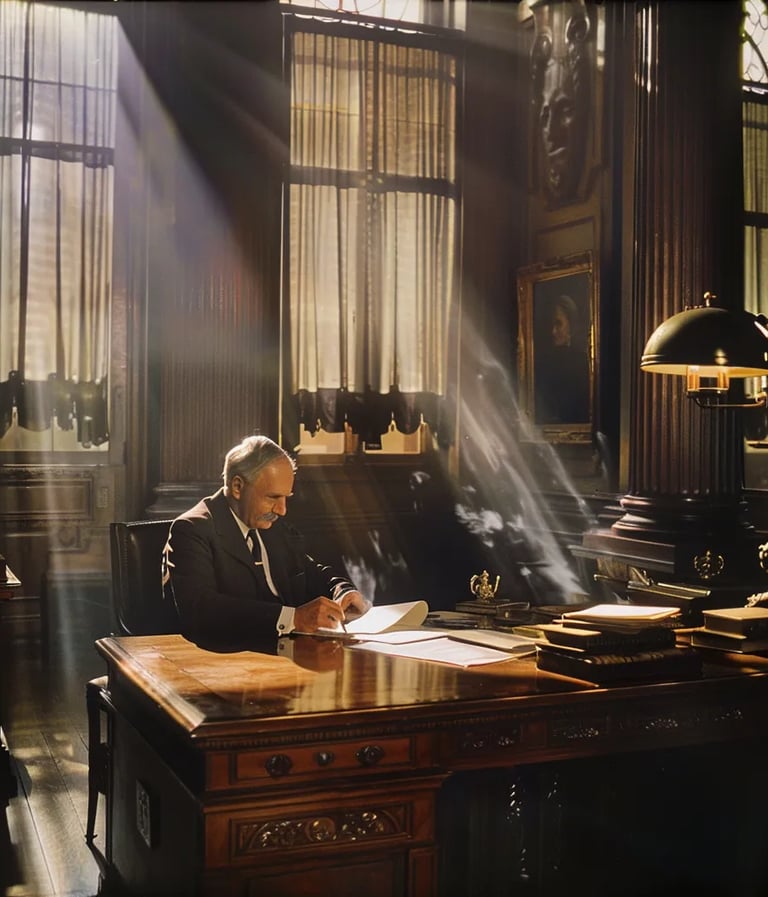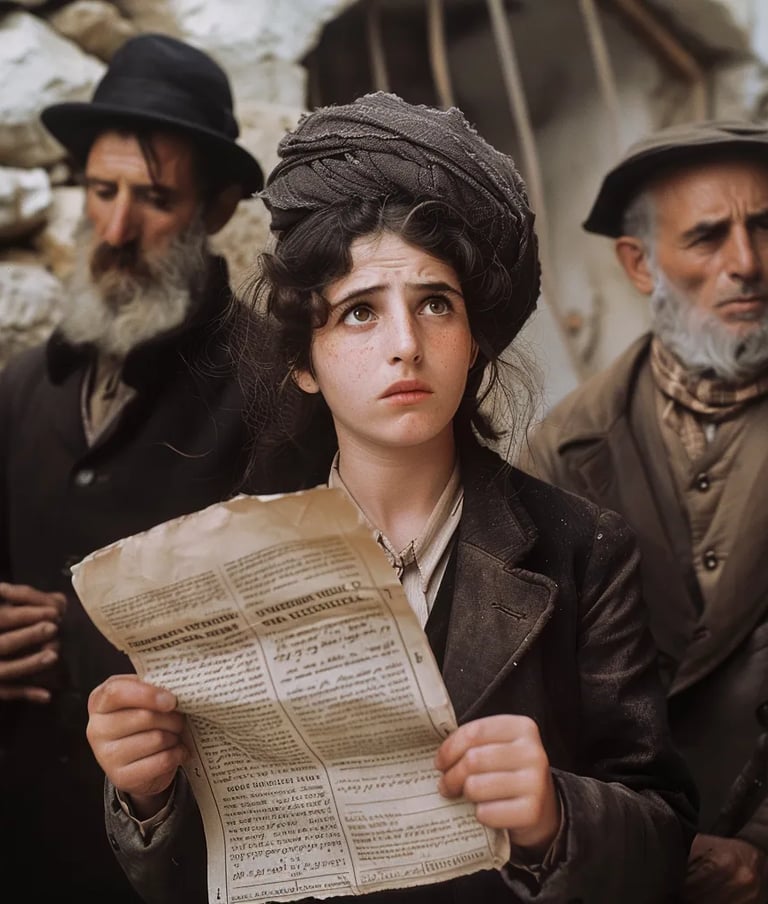On October 30, 637, the mighty city of Antioch, a jewel of the Byzantine Empire, surrendered to the advancing forces of the Rashidun Caliphate. Following their triumph at the Battle of the Iron Bridge, the Muslim army secured one of the most significant cultural and trade centers in the region. This victory marked a turning point in the Islamic expansion, further diminishing Byzantine control in the Levant.


637 – The Fall of Antioch: A City’s Fate Sealed in Battle




October 30, 1503, saw Queen Isabella of Spain issue a royal decree banning violence against Indigenous people in the Americas. While intended to prevent mistreatment, the law proved ineffective as Spanish colonists continued to exploit and oppress native populations. Despite its good intentions, the decree remained largely symbolic, as forced labor, land seizures, and brutal treatment persisted under colonial rule for centuries.
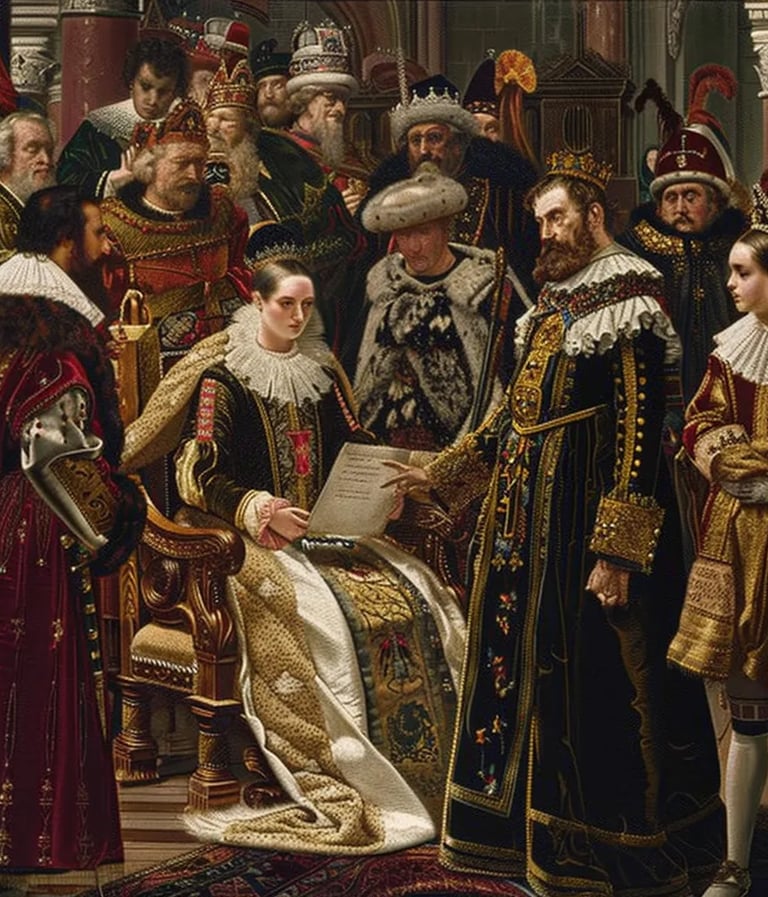

1503 – Queen Isabella’s Decree: A Hollow Attempt to Protect Indigenous People
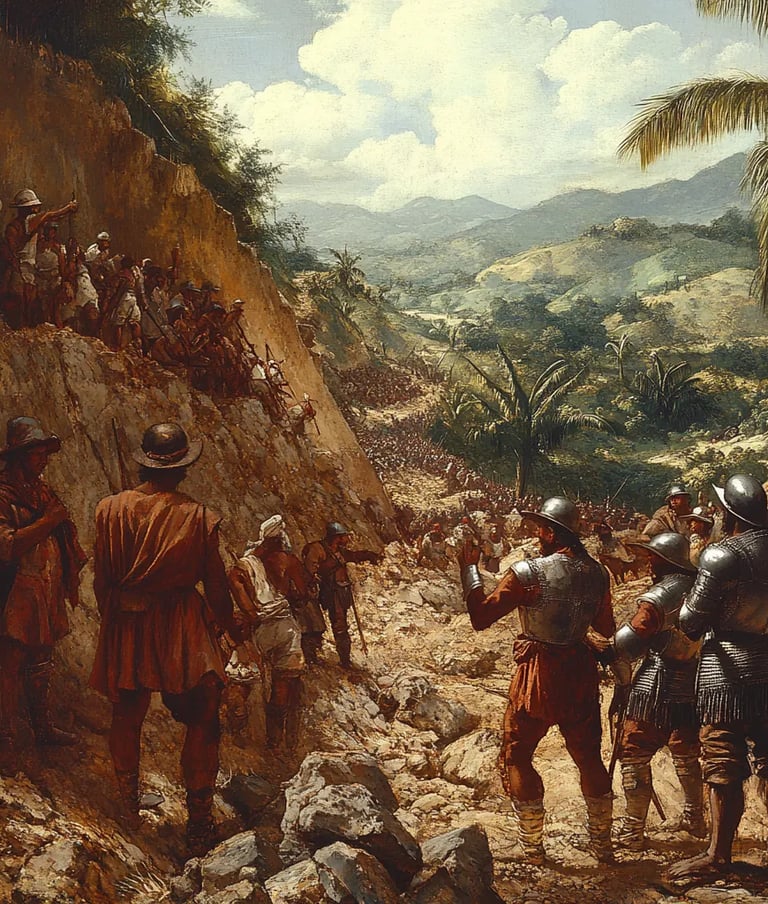



A gang of outlaws stormed the Clay County Savings Association in Lexington, Missouri, on October 30, 1866, in what would become one of the earliest robberies linked to Jesse James. The gang escaped with $2,000, leaving behind chaos and fear. This robbery cemented Jesse James’ reputation as a notorious figure of the Wild West, leading to a long series of bank and train heists.
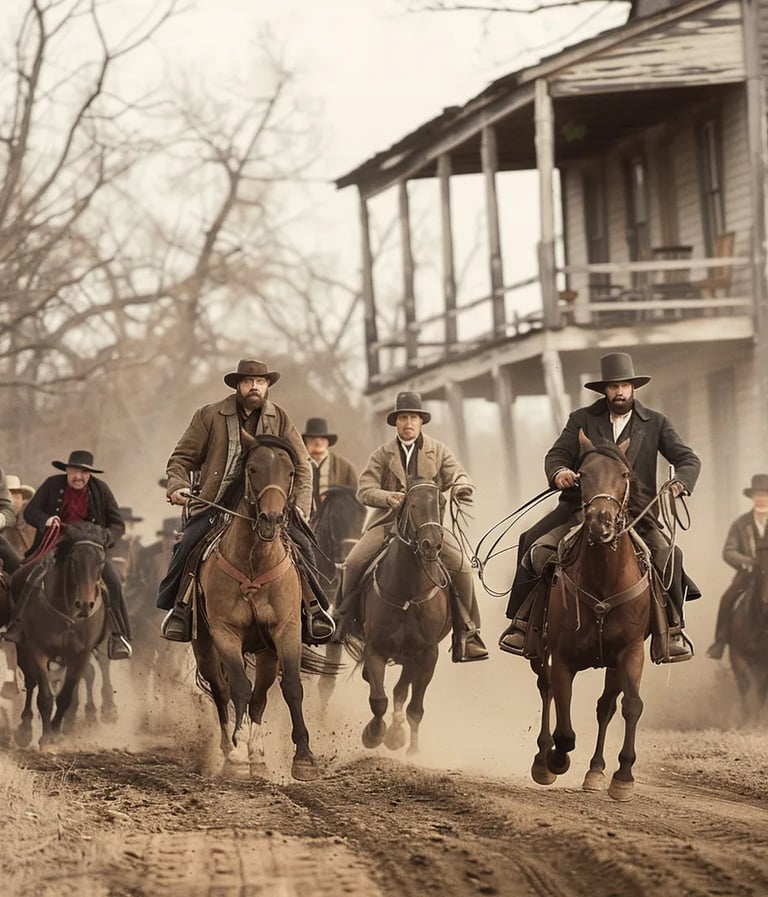

1866 – Jesse James and His Gang Pull Off a Daring Bank Heist




History was made on October 30, 1868, when John Menard of Louisiana won a seat in the U.S. Congress, becoming the first African American to do so. However, his victory was short-lived—Congress refused to seat him, denying his constituents representation. Despite this injustice, Menard’s election was a groundbreaking moment in American history, paving the way for future African American leaders in government.
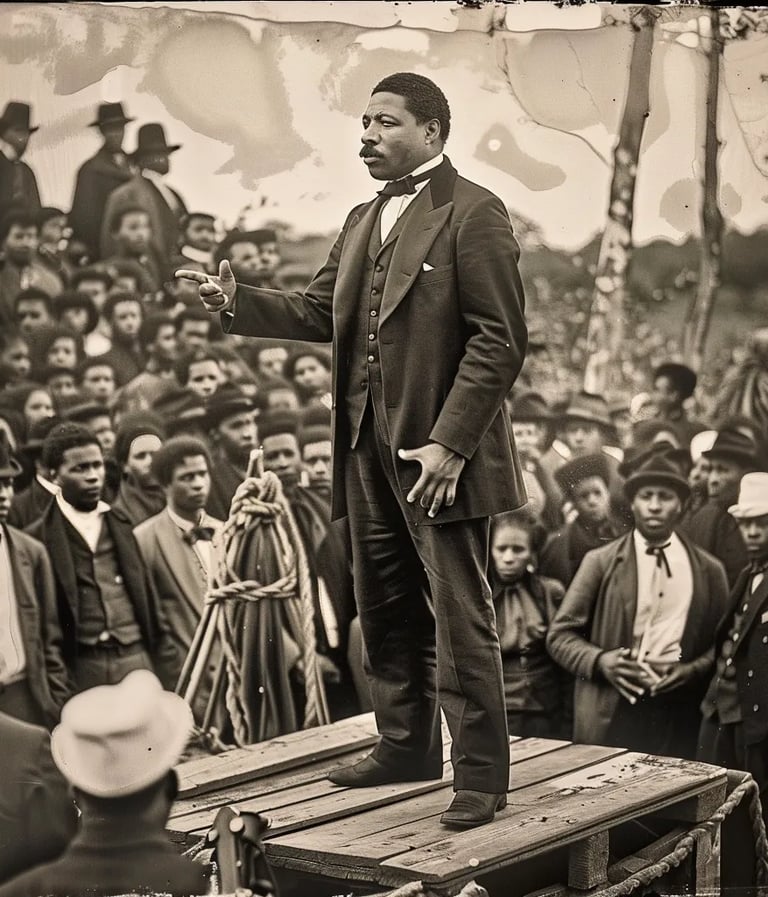

1868 – John Menard Becomes the First Black Man Elected to U.S. Congress
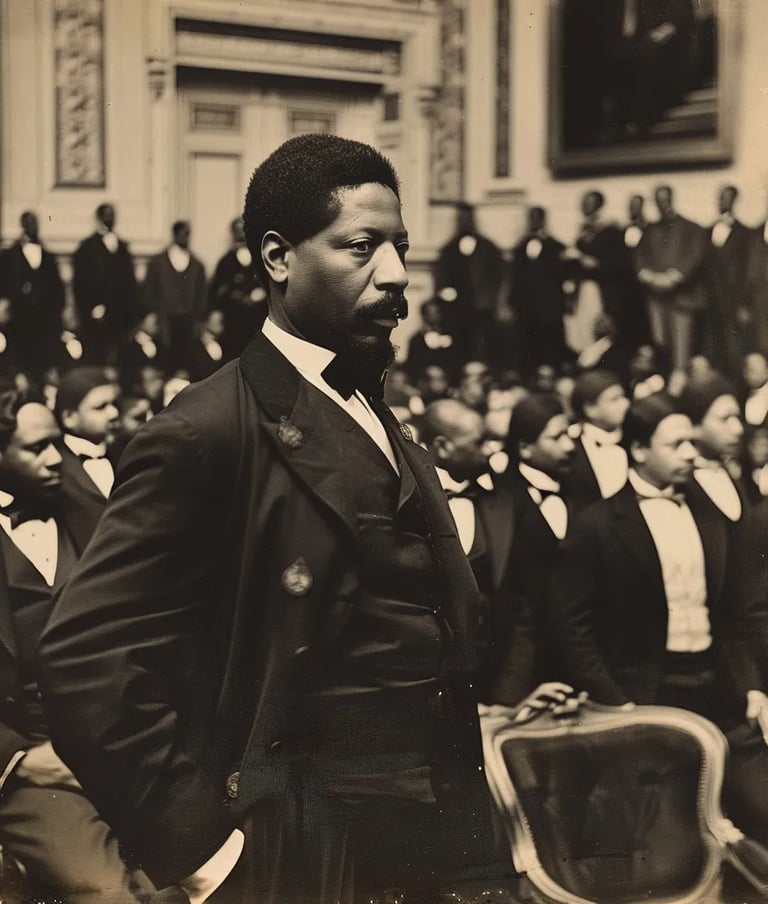

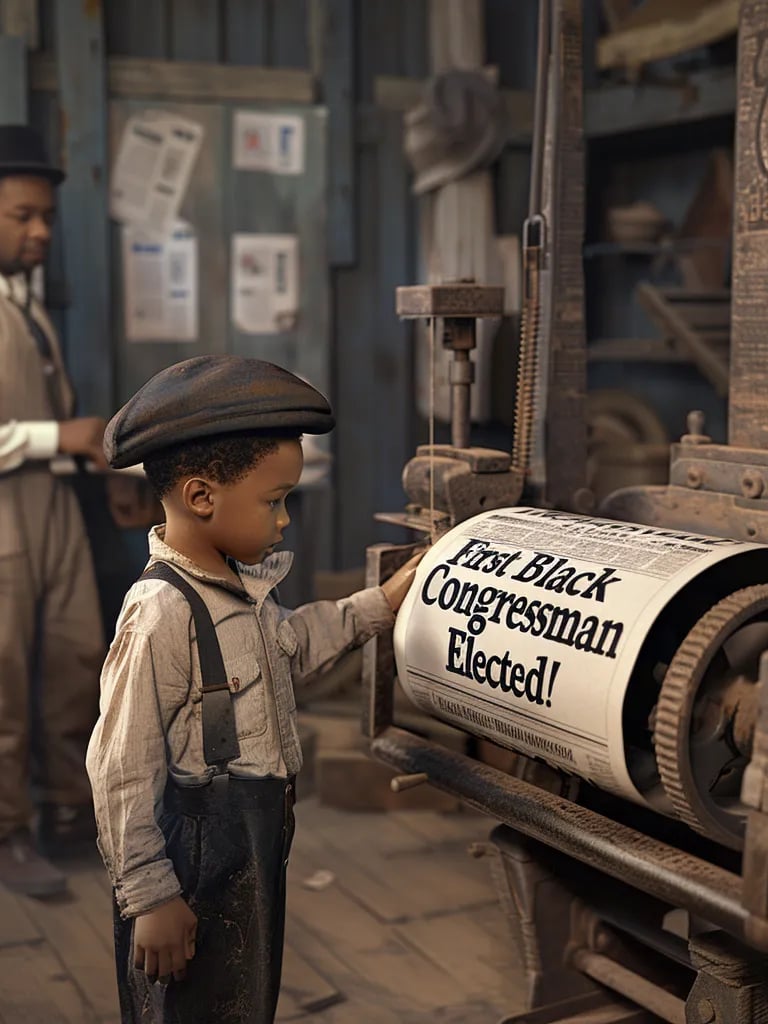

The British government finalized its approval of the Balfour Declaration on October 30, 1917, endorsing the establishment of a Jewish homeland in Palestine. Though celebrated by the Zionist movement, the declaration sparked deep tensions with Arab communities. This moment would shape decades of geopolitical strife, laying the foundation for one of the most complex and contested conflicts in modern history.
